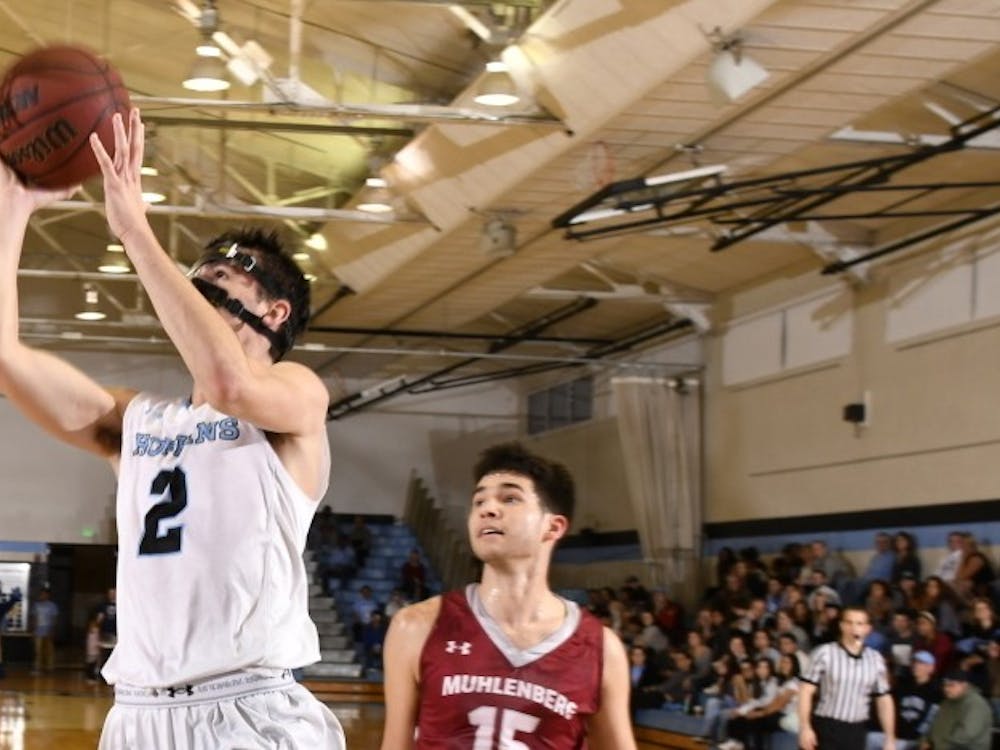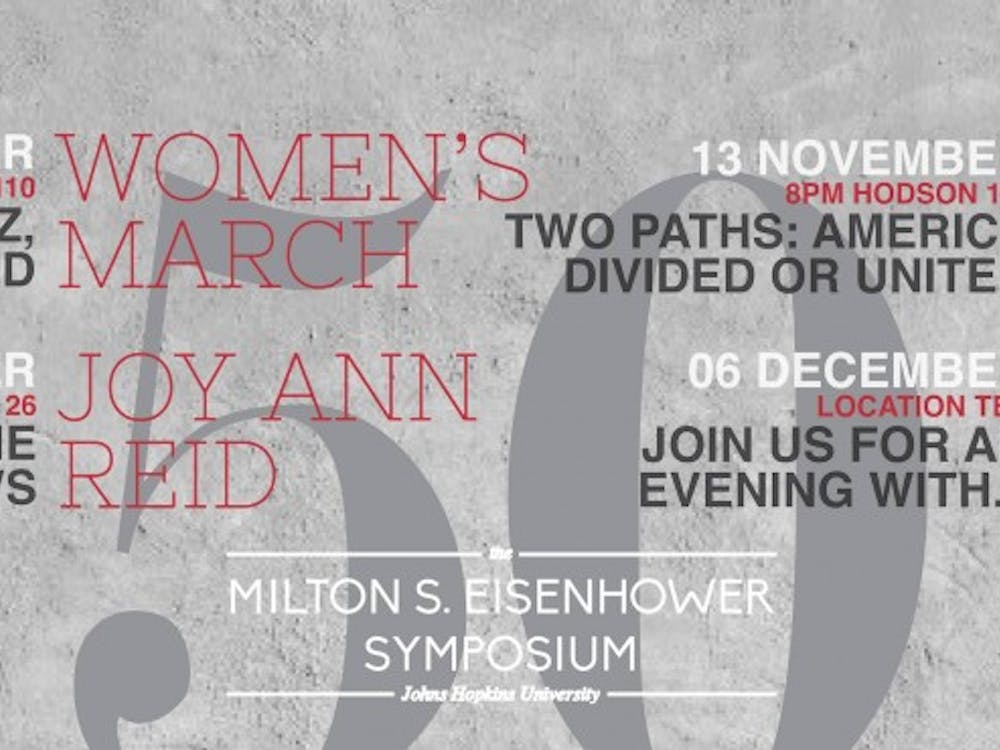The Johns Hopkins News-Letter’s Statement on Recent Remarks from the Hopkins Feminists Organization:
Over the course of today, the Hopkins Feminists club has widely publicized their discontentment with one of our reporters recording a recent open club meeting. In this vein, we would like to publicly clarify and address these concerns.
First, we are incredibly proud of our publication, which has faithfully served the Hopkins student body since 1896. We are one of the oldest continuous independent college weeklies in the nation and have a very proud legacy. We are independent from the University and its administration and thus make all content and organizational decisions ourselves. We take such a responsibility incredibly seriously.
We hold ourselves to the highest ethical standards and remain fully committed to reporting stories accurately and fairly, honestly and courageously, in accordance with the Society for Professional Journalists Code of Ethics. We hold ourselves and our staff strictly to this Code of Ethics and are wholly intolerant of its violation. The SPJ Code of Ethics can be found at http://www.spj.org/ethicscode.asp.
We also hold our staff strictly accountable to all federal, state, and local laws, and we have policies in place to safeguard against violations of these standards.
The Hopkins Feminists club has, both publicly and privately, alleged that our reporter’s recording of the group’s open meeting violated a Maryland statute, specifically Maryland Courts and Judicial Proceedings Section 10-402, commonly referred to as the state’s “Wiretapping Law.” Without delving too far into the nitty-gritty of the applicable legal codes, the law prohibits the interception of “any wire, oral, or electronic communication.” An “oral communication” is limited by CJ § 10-401(2)(i) to “private conversation,” which consists of conversations in which speakers have a “reasonable expectation of privacy.” An opinion from the Maryland Attorney General’s Office confirms the notion that “a meeting where anyone who wishes to attend is welcome, or where minutes are taken that will be available to people who did not attend, or where special care is not taken to limit the meeting to those who are unlikely to talk to others about what happened, would not be a place where speakers would have a ‘reasonable expectation of privacy’ that would bring them within the protection of the Wiretap Act.” Therefore, recording of an open, public meeting of a student club advertised to students via Facebook and emails certainly does not fall within the scope of the Maryland Wiretap Act. Our reporter was completely in accordance with our internal policies — and with the law — regarding recording of public events.
We have confirmed with legal counsel that this interpretation is accurate.
More than our legal obligations, we hold our ethical obligation paramount. The News-Letter understands that we are a student newspaper — part of a tight-knit community — and as such, we have additional responsibilities to the Hopkins community by which typical news outlets are not bound. We have a responsibility to ensure that our reporting does not endanger students or violate their trust, even when it may be intriguing to read about personal details. We recognize that certain subjects demand increased scrutiny by our editors to assure that matters are handled delicately. Yet, at the end of the day, we are a newspaper, and our duty to the truth must not be obfuscated by overly censorial groups, attempting to curtail public scrutiny of their public words by asserting a privilege that no person speaking publicly can reasonably expect to enjoy.
We all must be accountable for the views we express in public.
The Hopkins Feminists club meeting last night was entirely open to the public. There were no given limitations on who could attend, and the subject matter of its discussion was advertised to the world on its public Facebook page, which listed the meeting location and time as well to draw attendees. Moreover, the Hopkins Feminists club’s page has ignited with fiery comments as of late on the important topic of sexual assault on campus, and so we determined that covering their public meeting was in the public’s best interest, as these views are a crucial part of the conversation within the Hopkins community about our pervasive rape culture.
The Hopkins Feminists organization and any other student organization can certainly have private, closed meetings in which only invitees are able to attend in order to discuss sensitive matters. The News-Letter would never invade the sanctity of such a private conversation between concerned individuals. However, when a pertinent organization holds an open, public meeting on a topic of immense public concern and relevance, with no assertions of confidentiality or even sensitivity prior to its conclusion, under the banner of an SGA-approved “Advocacy and Awareness” student group — particularly one that has taken very publicized stances on political issues and has even endorsed SGA candidates — such a meeting cannot be reasonably masked as a support group meeting after the fact to hide the stances taken during the meeting.
We want to make abundantly clear that there was no attempt whatsoever to hide our reporter. We weren’t looking for soundbites, and we had no hope of catching speakers saying something ‘juicy.’ We were simply continuing our extensive coverage of an incredibly important topic, and we felt strongly that the perspectives of those present in the meeting in question were vital to the discussion.
Lastly, we want to affirm our commitment to fair, accurate, thorough journalism and to ensuring that the sentiments and history of the student body are fully captured in our publication. We very much view The News-Letter as accountable to the student body, and so we welcome honest, open dialogue.
Jack Bartholet and Melanie Levine
Editors-in-Chief
Should you have any questions about this statement, feel free to send them to us at chiefs@jhunewsletter.com.











